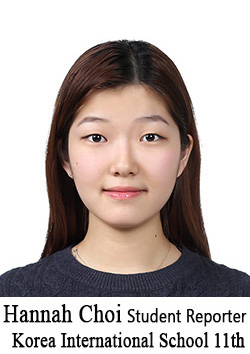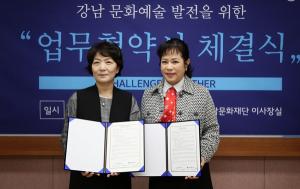 |
Negotiations in response to global warming are in progress to urge global participation against the issue. Developed countries are making efforts to escape the energy crisis by securing new growth engines, such as expanding green investments. Unfortunately, the adverse effects of climate change are being passed on to developing countries, which not only lack the capacity to combat climate change but also have an economic structure that is absolutely dependent on climate-sensitive primary industries such as agriculture. Recently, as the role of ODA in responding to climate change (and related developments) is being emphasized by the OECD/DAC, the issue of climate change cannot but have the highest priority in development cooperation efforts.
Since the Sustainable Development Goals (SDGs) were declared at the UN General Assembly in 2014, the international community has been actively seeking concrete ways to implement the SDGs in society, economics, and the environment in terms of sustainability.
In the industry, ODA policies consist of communication in economics, trading policies, and regulation in energy fields. Trade support in the ODA can play a huge role in developing countries through the infrastructure establishment and strengthening of production capacity.
As in South Asia such as India, rapid population shifts from countryside to cities without industrial job creations exacerbates environmental and poverty problems along with urban population concentration problems. Cultivation of production capacity along with trade capacity (and industrial ODA) is needed to fix these weak structures in developing countries.
The OECD Development Assistance Committee has found three big problems in the Korean ODA. One, the overwhelmingly high percentage of economic aid towards least developed countries. Two, 'binding aids' requiring that recipient countries hire Korean companies for development projects. Three, the separation of budgets for free and granted aid.
In the implementation of such ODA, it is more important now than ever that eco-friendly assistance to developing countries is continuously carried out.
최윤영 강남포스트 학생기자 webmaster@ignnews.kr
<저작권자 © 강남포스트, 무단 전재 및 재배포 금지>

 (재)강남문화재단, 타 기관과 교류·협력 협약 체결 활발
(재)강남문화재단, 타 기관과 교류·협력 협약 체결 활발


